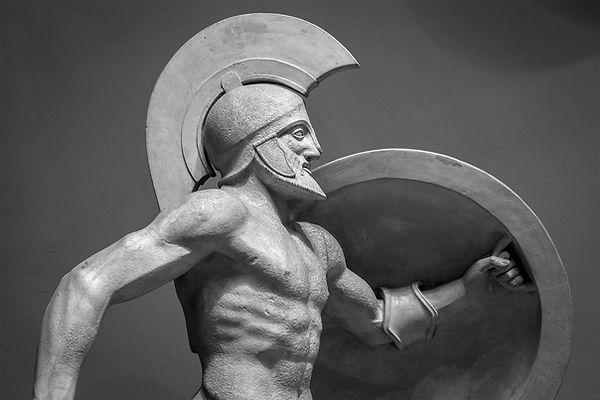Demystifying the World of Crypto: A Basic Glossary of Terms for Blockchain, NFTs, and Web 3.0
- Dustin Hedrick

- Feb 12, 2024
- 2 min read
The rapidly evolving landscape of cryptocurrency, blockchain technology, NFTs (Non-Fungible Tokens), and the emergence of Web 3.0 can be overwhelming for newcomers. To help you navigate this exciting digital realm, let's dive into a basic glossary of terms that will lay the foundation for a better understanding.
1. Cryptocurrency:
- Digital or virtual currency that uses cryptography for security and operates on decentralized networks, typically based on blockchain technology.
2. Blockchain:
- A distributed and decentralized ledger that records transactions across a network of computers. Each transaction is grouped into a "block," and these blocks are linked together in chronological order, forming a chain.
3. Bitcoin:
- The first and most well-known cryptocurrency, created by an anonymous person or group known as Satoshi Nakamoto in 2009. Bitcoin operates on a peer-to-peer network, allowing for secure and transparent transactions.
4. Altcoin:
- Any cryptocurrency other than Bitcoin. Examples include Ethereum, Litecoin, and Ripple.
5. Ethereum:
- A decentralized platform that enables the creation of smart contracts and decentralized applications (DApps). Ether (ETH) is the native cryptocurrency of the Ethereum platform.
6. Smart Contracts:
- Self-executing contracts with the terms of the agreement directly written into code. Smart contracts automatically execute and enforce contractual agreements without the need for intermediaries.
7. Decentralized Finance (DeFi):
- Financial services, such as lending, borrowing, and trading, built on blockchain technology. DeFi platforms operate without traditional intermediaries like banks.
8. Non-Fungible Token (NFT):
- Unique digital assets that represent ownership or proof of authenticity for a specific item, often digital art, collectibles, or virtual real estate.
9. IPFS (InterPlanetary File System):
- A protocol designed to create a peer-to-peer method of storing and sharing hypermedia in a distributed file system. IPFS is used in decentralized applications.
10. Web 3.0:
- The next generation of the World Wide Web, characterized by decentralized and user-centric applications, increased privacy, and improved interoperability.
11. DAO (Decentralized Autonomous Organization):
- An organization represented by rules encoded as a computer program that is transparent, controlled by the organization members, and not influenced by a central government.
Conclusion:
This glossary provides a starting point for navigating the world of crypto, blockchain, NFTs, and Web 3.0. As the technology continues to evolve, staying informed about these terms will empower you to participate in the exciting innovations shaping the future of digital finance and decentralized applications.




